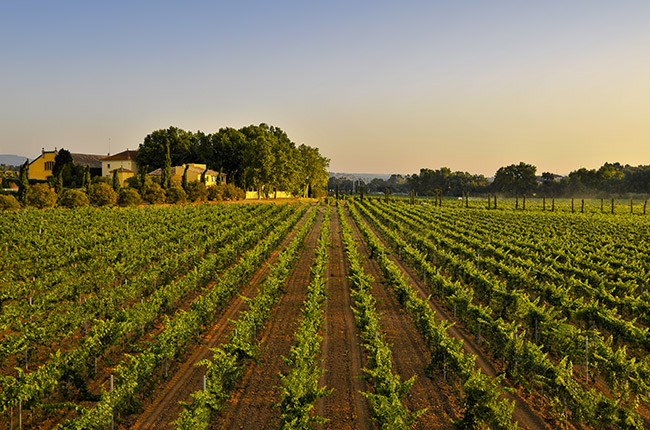Britons are drinking nearly twice as much sparkling wine as five years ago, according to a new report.
UK sparkling wine sales
Sales of sparkling wine in the UK increased by 80 percent in volume over the last five years, according to accountancy group UHY Hacker Young.
HM Revenue & Customs figures show duty paid on around 31.6 million gallons of sparkling wine in the 12 months to the end of May 2016. That’s equivalent to 191 million bottles and up from 17.6 million gallons – or 107 million bottles – in 2011/12.
Much of the increase is down to higher demand for Prosecco, although Champagne Cava and English sparkling wine have also played a part.
James Simmonds, partner at UHY Hacker Young, said, ‘The growth in the sparkling wine market is a great boost for those businesses producing English sparkling wine.’
‘The recent introduction of an English sparkling wine to Liv-ex is a landmark moment.’
-
Champagne alternatives: Five UK sparkling wines for summer | Top Prosecco to try | Expert’s Choice: Premium Cava
‘It’s uncertain what will happen after Brexit to imports of Prosecco and Champagne. But what is clear is that English sparkling wine is already a viable alternative,’ said Simmonds.
Last summer, the UK’s thirst for Prosecco led to fears of a shortage of the Italian sparkling wine, although this was downplayed by the wine trade.
The need for alternatives to Champagne may rise in the next few years. Frost, rot and mildew means a significantly smaller Champagne harvest is forecast for 2016.
Related stories:

How new UK prime minister Theresa May might treat wine
Decanter.com looks for clues...

Lord Ashcroft puts more millions into Gusbourne winery
English winery plans to raise up to £10m...

Torres reject Cava D.O. for new Spanish sparkling wine
The new sparkling wine from Torres will not be part of the Cava DO.







